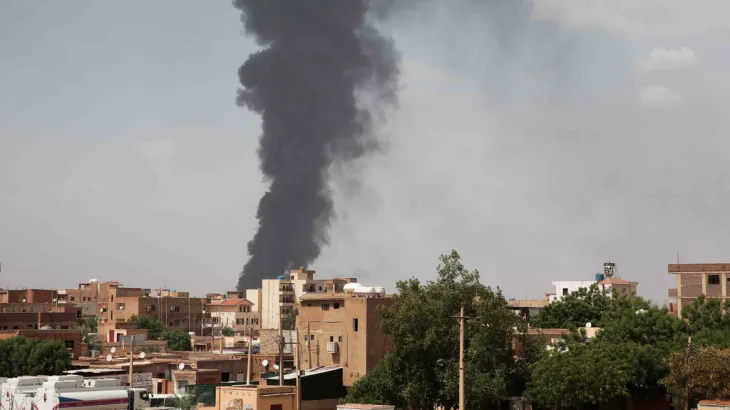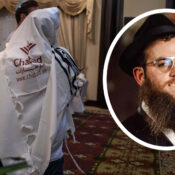
Sudan’s army starts a push to take back ground in the capital
During its 17-month war with the Rapid Support Forces (RSF), Sudan’s army used weapons and air strikes in the country’s capital on Thursday. This was the army’s biggest operation to regain ground there since the beginning of the war.
The army’s push came before its commander, General Abdel Fattah al-Burhan, spoke at the UN General Assembly in New York later that same day. At the start of the war, the army lost control of most of the capital.
Witnesses said there were heavy explosions and fights as army troops tried to cross bridges over the Nile that connect Khartoum, Omdurman, and Bahri, the three towns that make up the greater capital.
A 48-year-old resident named Ahmed Abdalla told Reuters by phone that the army is hitting Halfaya and Shambat with heavy artillery and airstrikes. He was talking about parts of Bahri that are close to the river. “The sounds of explosions are very loud.”
Black smoke could be seen rising above the city on video, and the battle booms could be heard in the background.
Sources in the army said that their troops had crossed the border into Sudan in Khartoum and Bahri. Reuters was told that the RSF had stopped the army from crossing two bridges to get to Khartoum. Reuters could not independently check the stories.
The army took back some ground in Omdurman at the beginning of this year, but it mostly relies on artillery and bombs and hasn’t been able to get rid of the RSF ground forces that are hiding in other parts of the capital.
In the past few months, the RSF has also kept making progress in other parts of Sudan. This is part of a war that has forced more than 10 million people to leave their homes and caused parts of the country to go into extreme hunger or famine.
The US and other countries’ diplomatic attempts have failed because the army wouldn’t go to talks in Switzerland last month.
This month, the fight for al-Fashir, the capital of North Darfur state in the west of Sudan, has also gotten tougher. The RSF has been trying to move from positions around the city against the army and former rebel groups that are working with them.
Al-Fashir is the last army stronghold in Darfur. The U.N. and rights groups say that the RSF and its partners have been attacking people of different ethnic groups, and the humanitarian situation is very bad. The unrest was not caused by the RSF, they said.
On Thursday, the U.N. human rights office said it had seen summary killings, sexual and gender-based violence, and the kidnapping of women and young men in al-Fashir. It also said that the number of civilian deaths was going up.
“From bitter past experience, if al-Fashir falls, there is a high risk of ethnically targeted violations and abuses, including summary executions and sexual violence, by the RSF and allied militia,” Volker Turk, U.N. Human Rights Chief, said.
The U.N. Security Council and secretary-general have also called for an end to the siege of al-Fashir, which is home to more than 1.8 million people who live there or have been forced to leave.
When disagreements between the RSF and the army, which had been vying for power before an internationally backed switch to civilian rule, turned into open fighting, the war started.
In the past, the army and the RSF shared power after a coup in 2021, two years after a popular movement removed longtime dictator Omar al-Bashir.
All Categories
Recent Posts
Tags
+13162993331
zoneyetu@yahoo.com



